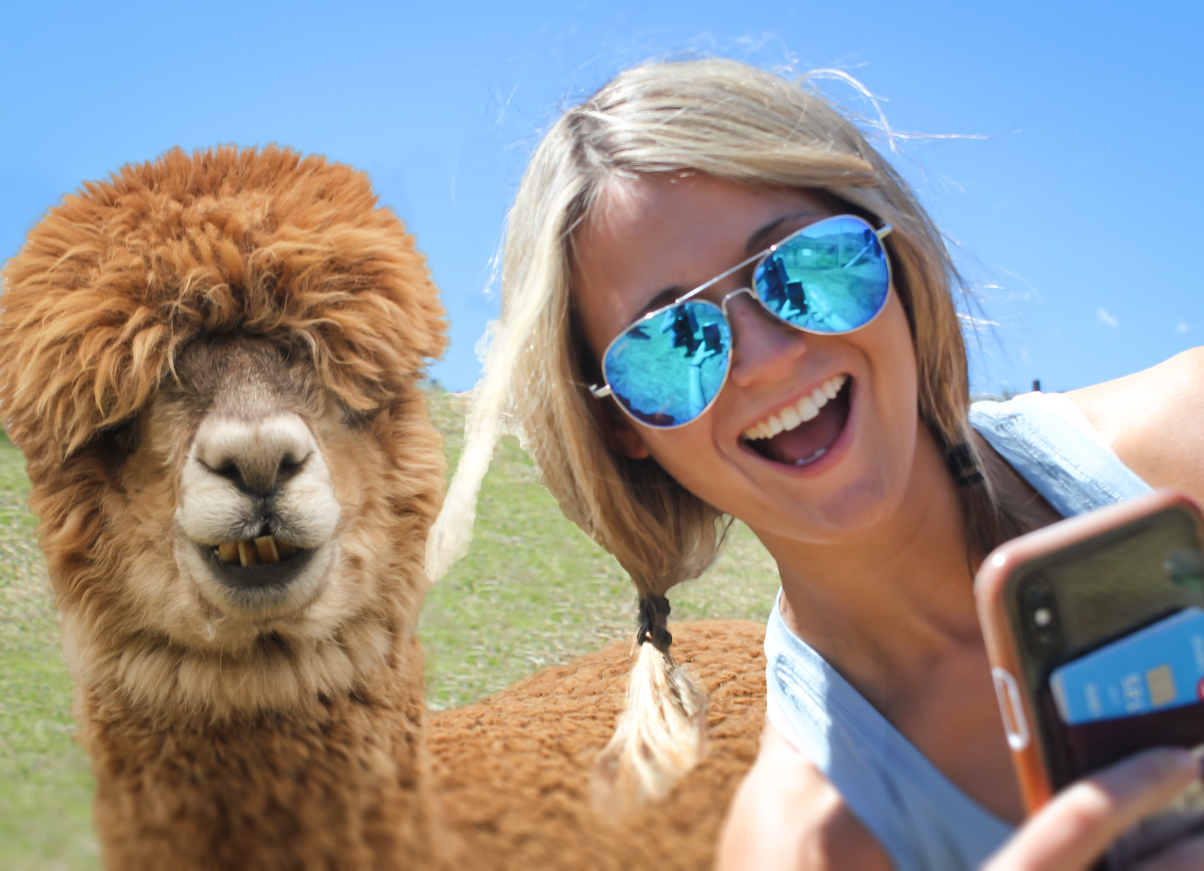Top alpaca adventures package and holiday tips and tricks in Colorado: All members of your group will have the opportunity to participate in a fully interactive experience. It typically lasts around 1 hour and 30 minutes. Its environment is ideal for nature lovers : Most people who live in Colorado love the outdoors because the state offers a little bit of everything. Even if you’re just visiting for the weekend, you can embrace all that nature has to offer. An alpaca ranch offers stunning scenery and a relaxing atmosphere where you can take in the fresh air. When you go behind the scenes on the ranch, you learn about much more than just the animals. You have the opportunity to talk about the economy, trade, production, local handmade goods, and so much more. Find additional info at alpaca adventure tours in Denver, Colorado.
Alpaca fur is a very prized fiber for artisans and crafters. Alpaca fur is very soft and does not retain water. It is also very durable. According to National Geographic, alpaca fur is the second strongest animal fiber, after mohair. Alpacas come in 22 colors, from a true, blue-black through browns and tans to white, according to Alpaca Ventures. Some Andean people eat alpaca meat. In Peru, it is often served in upscale restaurants. Alpacas don’t have teeth in the top-front of their mouths. This gives them the appearance of having an underbite.
Are alpacas dangerous? No. Alpacas are pleasant to be around and generally easy to handle. Alpacas do not head-butt. They do not have horns or hooves like other livestock. They move gracefully and adroitly about the field and are therefore unlikely to run into or over anyone intentionally. Males develop sharp fighting teeth at about three years of age which can cause injury to both humans as well as other alpacas. Alpacas will reflexively kick with a hind leg, particularly if surprised from behind. While the impact of an alpaca kick is not on par with a horse, it can create a bruise. Also, there is potential for toenails to cut skin.
Alpacas are very social creatures. They are gentle and curious and with training can become great pets, according to Switzer. Herds often include animals of different species or taxonomic families, such as llamas, goats and sheep, according to the FAO. Alpacas spit when they are distressed or feel threatened. They will sometimes spit at each other when they are competing for food or trying to establish dominance, according to Switzer. They won’t spit at people or bite unless they have been abused.
The alpaca comes in two breed types: huacaya (pronounced wuh-KAI-ya) and suri (SUR-ee). Huacayas, the more common type, account for about 85-90% of all alpacas. The two breed types vary primarily in terms of their fiber. How long do alpacas live? Generally, around 15 to 20 years. The longest documented lifespan of an alpaca is 28 years. How are alpacas different from llamas? People often confuse alpacas with llamas. While closely related, llamas and alpacas are very different animals. Llamas are much larger, about twice the size of an alpaca, with a weight range of 250 to 450 pounds. Alpacas weigh between 120 to 200 pounds. Llamas are primarily used for packing or for guarding herds of sheep or alpacas, whereas alpacas are primarily raised for their soft and luxurious fleece.
Are you planning a trip to the Mile High City? Most people pack their itinerary with a Colorado Rockies baseball game, a concert at Red Rocks Park and Amphitheater, and a hike at Rocky Mountain National Park in addition to all of Denver’s museums and botanical gardens. Yet, if you’re looking for an off-the-beaten-path adventure, you can’t miss an alpaca experience. Over the last several decades, Denver has become home to these gorgeous animals because Colorado’s arid climate mimics that of their native habitat. See extra info at https://meetalpacas.com/.
Are alpacas easy to train? Alpacas are very smart animals and are fairly easy to train. It is best to start training them when they are young so that they will accept a halter and learn to follow on a lead. Many owners also enjoy training them to walk through obstacles. Some even compete with their alpacas at shows where they walk over, through, and around objects and also jump over small hurdles. Also, it is helpful to train alpacas to ride in a trailer or van if they ever need to be transported to a show or another farm. Alpacas are easy to transport, as they normally cush (lay down with their legs folded under them) when traveling. Be aware that alpacas should not be tied up when traveling.
